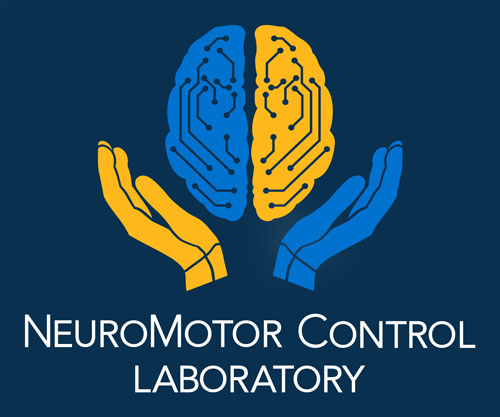
Contact Us
For additional information about the NeuroMotor Control Laboratory, contact Dr. Scheidt.
Report a Problem
To report a problem with this website, contact BME Communications or report an accessibility issue.
About Neuromotor Control | NMCL Announcements | Funding
Led by Professor Dr. Robert Scheidt, the NeuroMotor Control Laboratory is comprised of a multidisciplinary team of biomedical engineers, neuroscientists, and clinicians working to understand how the brain uses sensory information to optimize the control of motion of the arms, hands, and eyes. By understanding how the sensorimotor control systems contribute to dexterous movement and how they degrade due to neural injury—such as stroke and concussion—the NMCL seeks to provide the knowledge and tools needed to develop and deliver individualized training or therapeutic interventions that optimize motor performance throughout the lifespan.
Moving and manipulating objects are key objectives in many activities, such as attaining elite athletic performance and maintaining a high quality of life after stroke. Each of these daily tasks require the execution of complex processes involving neural, sensory, and muscular coordination. Neuromotor control is the ability of the central nervous system to use sensory input to control and remain aware of movement of voluntary musculature in the body, as well as limb posture and orientation. Common lines of interest include rehabilitative neuromotor control, elite performance neuromotor control, and developmental neuromotor control.
Learn more about NMCL Research
Congratulations to Dr. Robert Scheidt, Dr. Whitney Morelli, and collaborators for receiving a $400,000 research grant from NSF for their project titled, "Collaborative Research: A Machine Intelligence Assessing Motivation, Adapting Challenge, and Fostering Compliance with Cued Therapeutic Activity After Stroke".
The research material presented on this website has been supported by the National Institute of Health and the National Science Foundation. We are also supported by the Rev. John P. Raynor Research Chair at Marquette University, the Medical College of Wisconsin, the Marquette-MCW Stroke Rehabilitation Center of Southeastern Wisconsin, and the McPherson Eye Research Institute.


